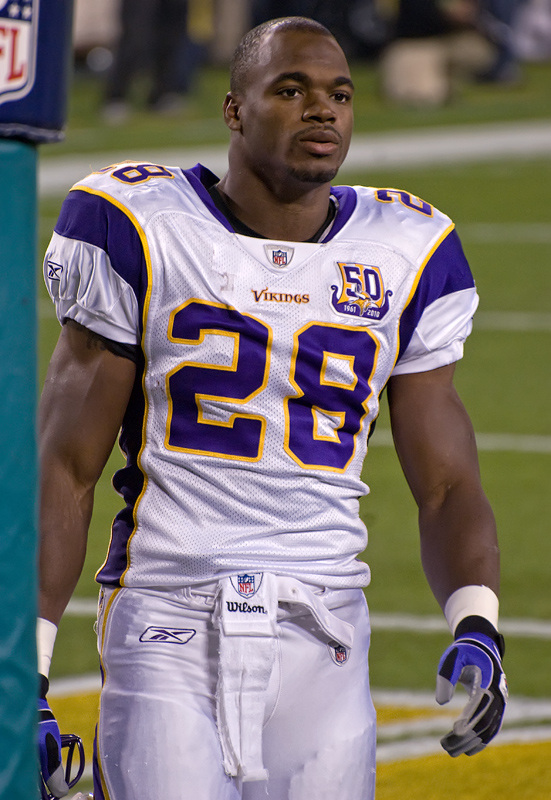| Anheuser-Busch, one of the NFL’s most lucrative sponsors, couldn’t tsk-tsk enough this week, issuing a statement saying it was “increasingly concerned” with the way the league is treating domestic violence. Such things, the statement said, “clearly go against our own company culture and moral code.” It was enough to make you forget that what the company peddles is often at least a factor in crimes, domestic or otherwise, misty-eyed tributes to heroes, majestic horses and cute puppy dogs notwithstanding. It was enough to make you forget about recent studies that accuse the beer and alcohol industries of directing advertising to teenagers. It also was enough to put you in awe of the power of marketing. |
| | If the Marlboro Man had cocked his hat and issued a stern warning about domestic violence, the nation would have had trouble stifling an ironic cough. Never mind that cigarettes, as awful as they are, are rarely connected with violence. But the tobacco industry lost its own marketing war years ago and, despite a gallant resurgent effort with e-cigarettes, it remains confined to somewhere in the alley, outside the back door, where people with nasty habits go for a nicotine fix. But beer? Anheuser-Busch and its Budweiser brand have made themselves synonymous with heroic returning soldiers, for heaven’s sake. Except that not everyone is buying it. The company had barely issued its statement when Houston Texans running back Arian Foster tweeted that alcohol and domestic violence are “near synonymous.” He was overstating things a bit, but it’s hard to be precise in 140 characters or less. Critics responded that alcohol doesn’t always, or even often, lead to such abuse. But that’s the wrong way to look at the equation. To understand Foster’s comment, go to the National Coalition Against Domestic Violence website. You won’t have to look too far to see that “Regular alcohol abuse is one of the leading risk factors for intimate partner violence.” But if you look a little father, you will read that, “A battering incident that is coupled with alcohol abuse may be more severe and result in greater injury (than one that isn’t alcohol fueled). Put that on the back of a Clydesdale and parade it through town. Or you could look at a study published by the Journal of the American Medical Association that found 92 percent of the domestic violence assailants it studied reported consuming alcohol or other drugs on the day they committed the crime. Or at a report by Contemporary Economic Policy citing evidence that “increasing the tax on beer can be an effective policy tool in reducing violence.” Don’t expect Anheuser-Busch to feel the love on that one. In a letter published by the New York Times last month, Beer Institute President James A. McGreevy III took issue with an editorial suggesting higher beer taxes. Such a thing, he said, would “further hamstring an industry that contributes more than $246 billion to the United States economy and supports jobs for 2 million Americans.” Unless perhaps the public were to begin to complain. If the nation has learned anything from the recent stories involving Baltimore Ravens star Ray Rice, who was caught on tape knocking his then-fiance unconscious, and Minnesota Vikings running back Adrian Peterson, who has been charged in connection with injuries his 4-year-old son suffered while being disciplined, it is that the unholy alliance among sports, taxpayers and sponsors can be shaken by public opinion. The Vikings are getting a half a billion dollars from taxpayers for their new stadium; the Ravens play in a place for which the public paid 90 percent of the costs. Add in advertising revenue and fan support and the enterprise looks too big to fail. Which is what people might have said about the tobacco industry 50 years ago. The NFL seems to have been caught off guard by these domestic violence cases. But if it really wants to take the cloak of silence off that awful crime, it will have to begin a frank discussion that could take awkwardness to a new level. |


 RSS Feed
RSS Feed

